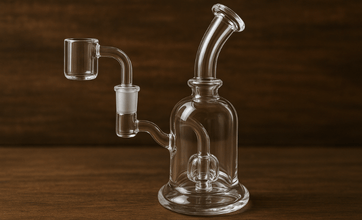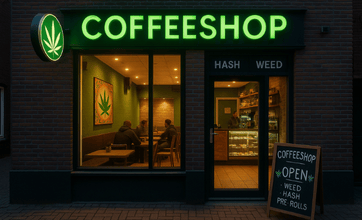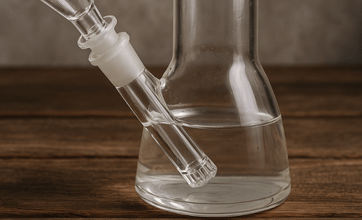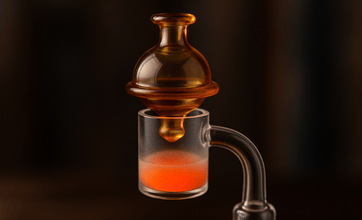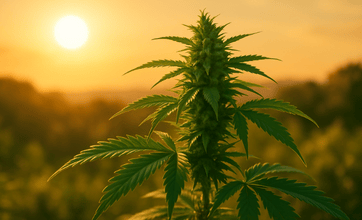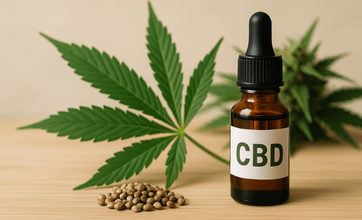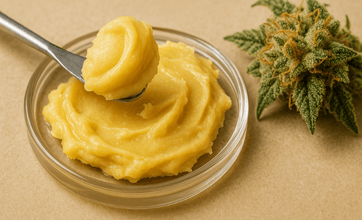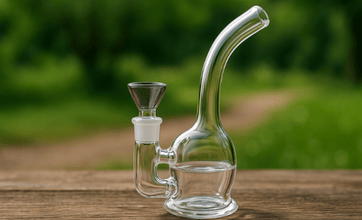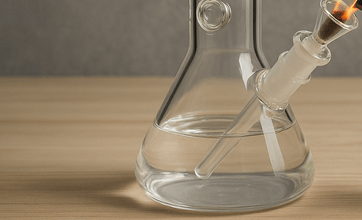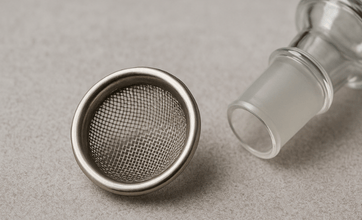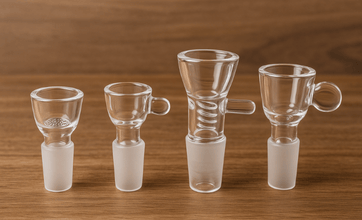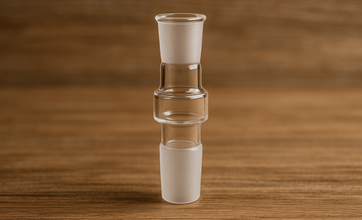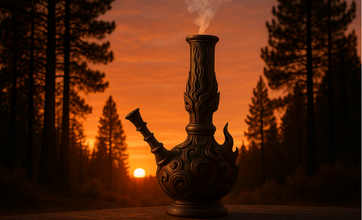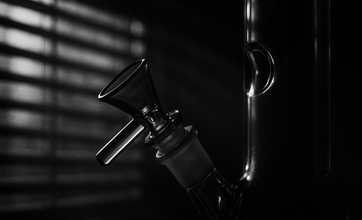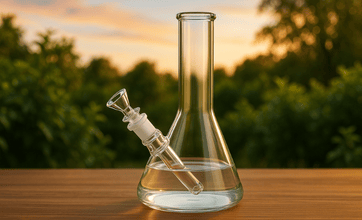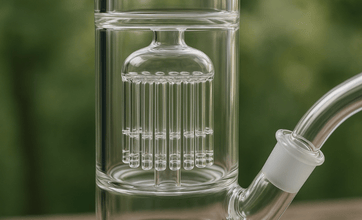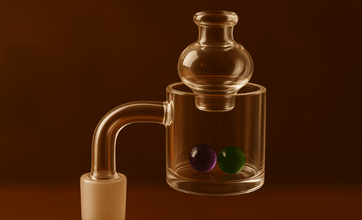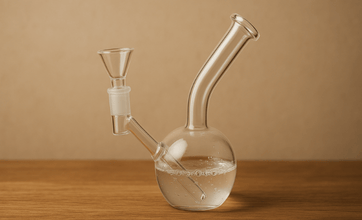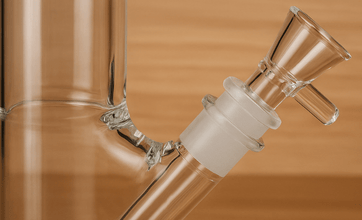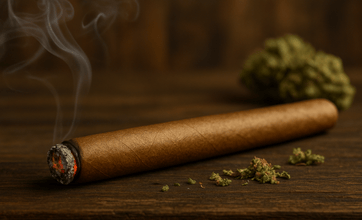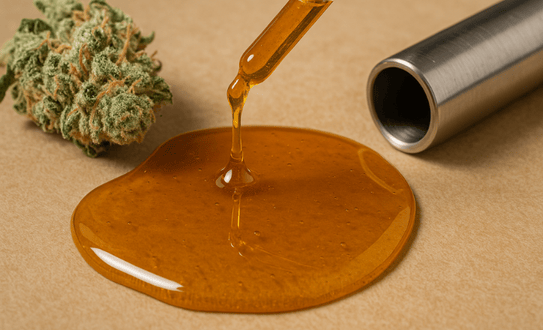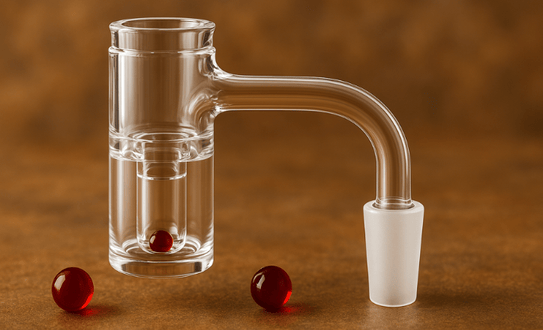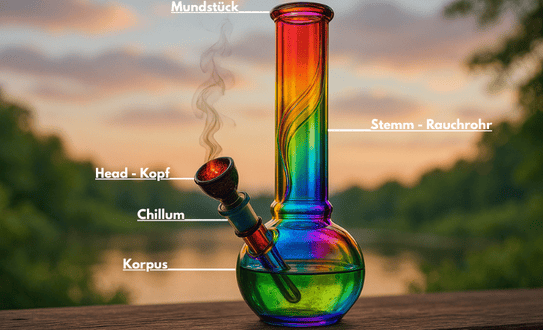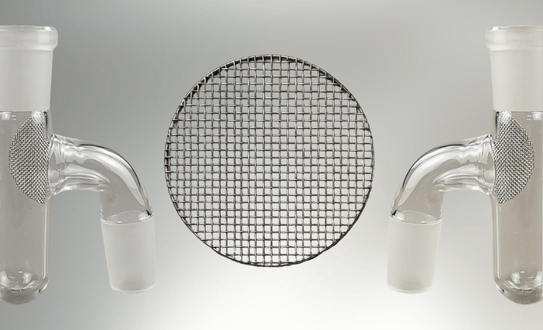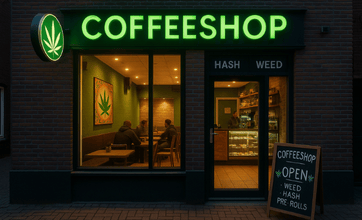
A coffee shop is a licensed establishment in the Netherlands where the sale of small amounts of cannabis to adults is permitted. Contrary to the name, you can get more than just coffee there – but primarily cannabis products such as weed, hashish, or joints, usually in combination with drinks or small snacks.
Origin and meaning
Coffee shops have existed in the Netherlands since the 1970s. They emerged as a result of a more liberal drug policy that distinguishes between "soft" and "hard" drugs. Cannabis is considered a soft drug there—and possession of small amounts (up to 5 g) is not prosecuted but tolerated.
How do coffee shops work?
Coffee shops are subject to certain requirements and rules:
- Sale only to adults (18 years and older)
- No sale of more than 5 grams per person/day
- No sale of alcohol or hard drugs
- No advertising for cannabis products
Many shops offer a menu with various varieties of weed, hashish, pre-rolled joints, or edibles. You can usually consume on-site, similar to a café—although without tobacco, as smoking laws apply.
What do you get in a coffee shop?
- Cannabis flowers (grass)
- Hashish (Hash)
- Joints (ready-made or for rolling your own)
- Edibles (e.g. space brownies, cookies)
- Accessories (papers, grinders, filters, lighters)
- Drinks and snacks (not everywhere)
Coffee shop ≠ Dispensary
A coffee shop is not a "cannabis dispensary" like in Canada or the USA. In the Netherlands, cannabis is tolerated but not fully legalized – especially cultivation and bulk delivery remain legally problematic (keyword: "backdoor problem").
Coffee shops in Germany? A topic in flux
The legalization of cannabis is also currently being intensively discussed in Germany. Although there are no coffee shops like those in the Netherlands yet, political developments – such as the "Cannabis Act" (CanG) or planned cannabis clubs – indicate that things are moving.
The legal situation can change at any time – especially with regard to:
- What is allowed, what is tolerated, what remains forbidden?
- Where is consumption permitted – and where not?
- What will future sales look like? (Pharmacies, clubs, specialty stores?)
It's therefore worthwhile to regularly monitor legal developments. What has been a reality in the Netherlands for decades could soon be implemented in Germany, too, in an adapted form.


